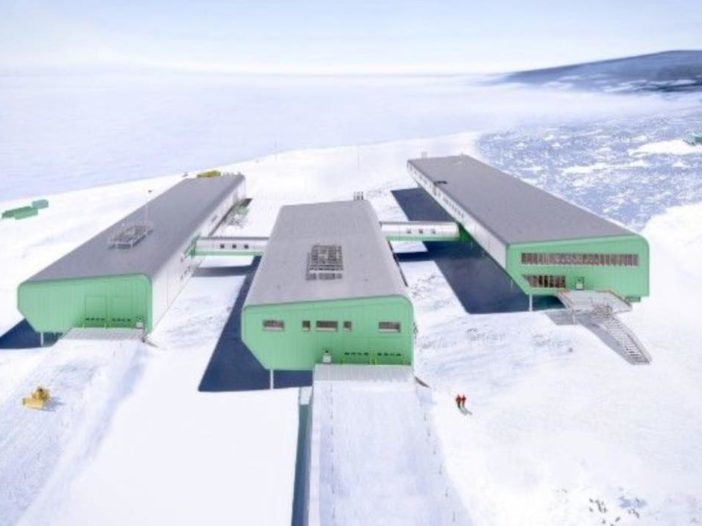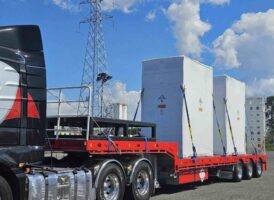A New Zealand research base on Ross Island, Antarctica, could feasibly be powered by 100 per cent renewables using a combination of wind turbines, battery storage and smart controls, according to a plan proposed by Hydro Tasmania subsidiary, Entura.
Melbourne-based Entura was last year approached by Antarctica NZ to consult on options to both bolster the existing hybrid energy system at the Scott Base research facility – and then, later, to replace it entirely with a larger system, targeting “a very high quantum” of renewable energy.
Currently, the NZ research facility is powered by a wind-diesel hybrid energy system, which also supplies electricity to the US-run McMurdo Station with the two systems (50 Hz and 60 Hz) being connected through a frequency converter.
Entura says that its first task was to upgrade the Ross Island microgrid’s existing system, which currently consists of three 330kW wind turbines installed in 2010, a SCADA and hybrid control system and flywheel-based grid support system.
To this end, Entura developed solutions for upgrading the system to increase reliability and maximise the amount of usable wind generation, keeping costs to a minimum and using the current wind and diesel micrgrid as a base.
For more on this story, please read the original story at our sister-site, One Step Off The Grid .










